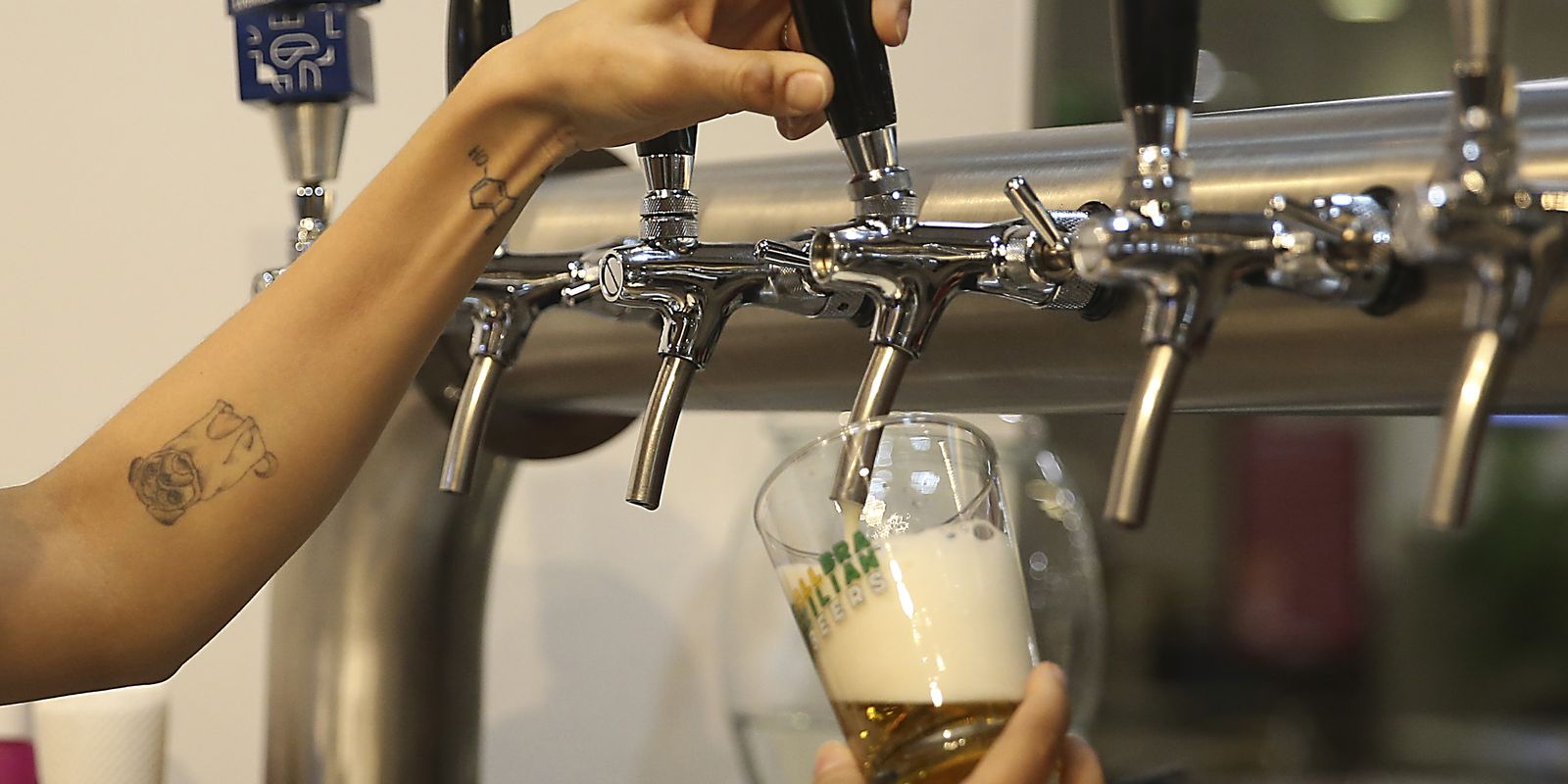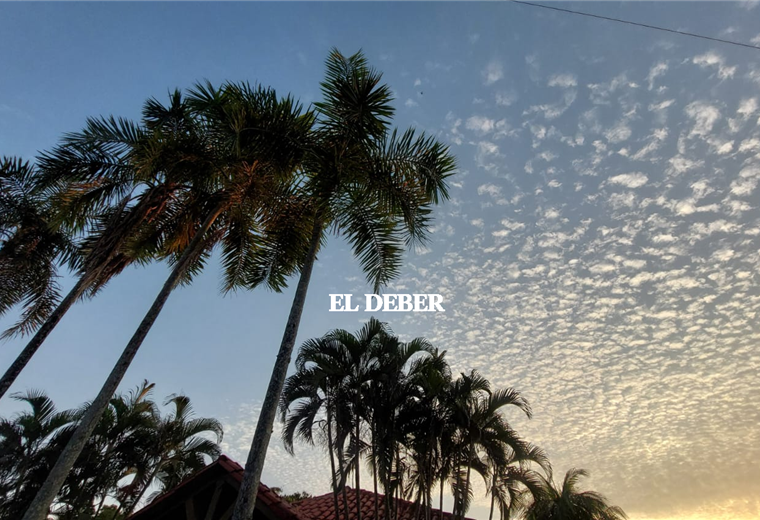At least nine Brazilian states will ban the sale of alcoholic beverages on the day of municipal elections, scheduled for next Sunday (6). In six of them, the measure will be valid throughout the state: Acre, Amapá, Pará, Piauí, Maranhão and Alagoas.
In another three, the measure will be restricted to specific electoral zones. In Tocantins, there will be four zones, while in Mato Grosso there will be three, according to information from the regional electoral courts (TREs). In Goiás, the TRE did not inform about the areas that will have the so-called Dry Law, but at least one of them announced that it will adopt the ban.
The ban on the sale of alcoholic beverages during elections is decided locally by public security and electoral authorities. The idea is to reduce the risk of disorder that could harm the electoral process. In some states, the decision was made by the Security secretariats, as was the case in the states of Piauí, Maranhão and Alagoas.
In Acre, the decision was made by the first instance electoral judges. Those responsible for the state’s nine electoral zones issued ordinances decreeing Dry Law in their respective areas. In the states of Mato Grosso, Tocantins and Goiás, the definition was also up to the magistrates in each area.
In Pará, the rules of the Dry Law will be defined by mutual agreement between the electoral judges and the Civil Police of the municipalities, “evaluating the specificities, context and situation of each location. However, the publication of an ordinance with rules for the entire state is the responsibility of the state Public Security Secretariat, through the General Civil Police Station. Based on this document, electoral judges can define the Dry Law schedules, according to the reality of the municipalities”.
The TRE of Amapá informed in a note, on Tuesday night (1st), that judges will strictly comply with the Dry Law Ordinance, “guaranteeing order and security in the days leading up to and on election day itself”, without indicating who would be responsible for the decision.
States without prohibition
Among the states that confirmed the Brazil Agency that there will be no Dry Law during the elections are Minas Gerais, Rio Grande do Sul, Rio de Janeiro and Santa Catarina. In the case of Paraná and Pernambuco, the TREs informed that the decision would be up to the Security secretariats, but that they had not received any notification until this Wednesday (2).
In the case of Espírito Santo, the opposite occurred. The Security Secretariat informed that the decision would be up to the TRE and that it had not received any news about the application of the Dry Law. In Bahia and Ceará, the Security secretariats informed that the decision would be up to the TREs and requested that the Brazil Agency sought the respective courts, which did not respond to the question.
In the other states, neither the TRE nor the Security Secretariat responded to the Brazil Agency. The Brazilian Association of Bars and Restaurants (Abrasel), an entity that stands against Dry Law in the elections, reported that, in addition to RS, MG, PE, PR, ES and RJ, the states of São Paulo, Sergipe, Paraíba, Bahia and Rio Grande do Norte decided not to place any restrictions on the sale of alcoholic beverages on election day. “In states that still have dry law, Abrasel has resorted to overturning it”, informed the association’s press office.
















